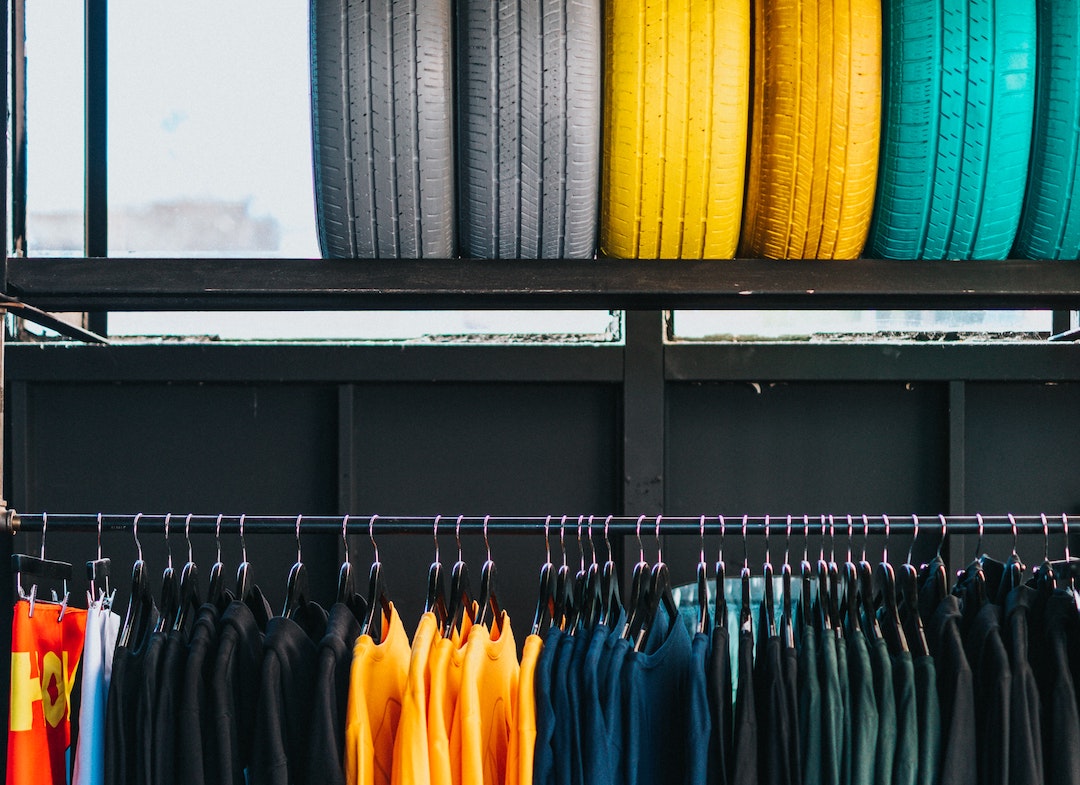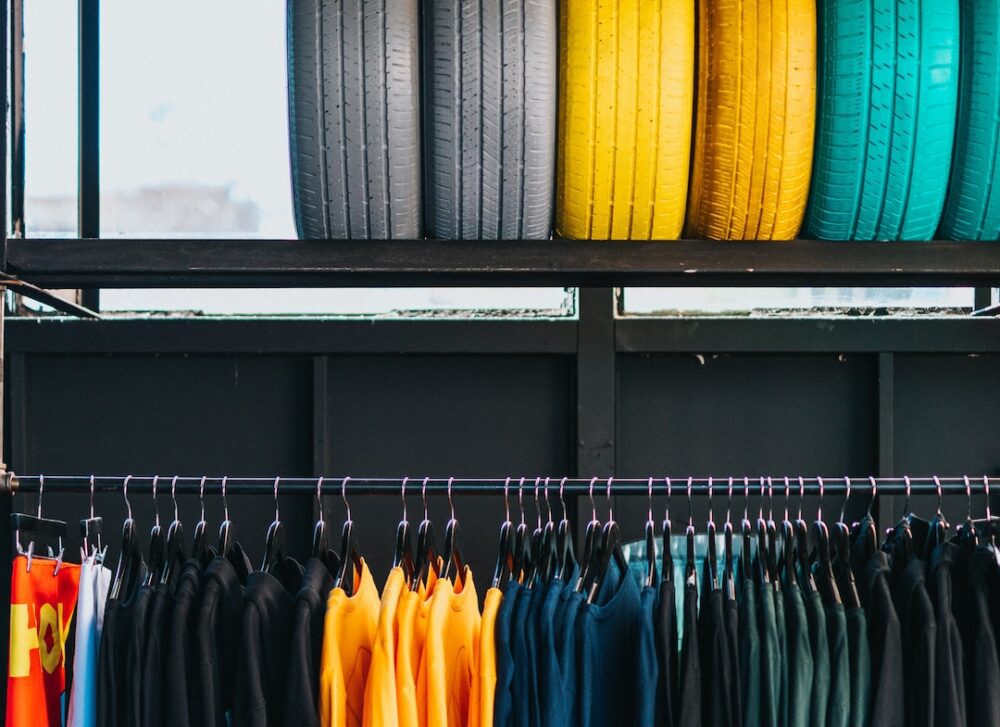The retail industry, including supply chains, is one of the largest contributors to the UK’s greenhouse gas emissions with 215 million tonnes of carbon dioxide produced annually across its value chain.
As such, the UK’s net zero strategies will greatly affect retail as a whole.
Buildings
When it comes to net zero, a measurable strategy has been put into place for all buildings, including retail. Due to this, businesses have been warned that they may struggle to access equity and debt financing in less than two years if they do not comply with the carbon reduction plans. These changes will apply to the running of buildings by reducing energy and water usage, and also in the building process itself.
When it comes to building materials, traditional materials such as brick and cement and highly carbon-intensive so there will be a shift to more carbon-neutral products such as treated timber from quality suppliers which helps lower a building’s overall carbon footprint. There will also be an increased focus on insulation to reduce energy loss and the use of virgin materials will be phased out.
Retailers Provide Guidance
While shopping in stores and even online, consumers will likely see an increase in signage providing information about climate change, including the climate impact of the products they are buying at the point of sale to help make more informed choices and provide guidance on product usage. For example, electrical products may come with information on energy-saving features and personal care products may come with facts regarding water consumption.
Food
A key aim for retailers is to increase the amount of plant-based products sold as the government aims to reduce beef, lamb and dairy consumption by 20% per capita by 2050. This means that retailers are aiming to aid in the development of blended products (a combination of meat and plant-based) and the scaling up of nutrition labels to include environmental product information is likely to be seen. The Co-op Future of Foods ambition is an example of some of the ways food retail will be changing as they aim to source and create Co-op’s own brand products as sustainably as possible while providing consumers guidance when making food choices.
Tech-enabled Stores
With e-commerce continuing to grow at 10-20% annually, this could cause a problem when it comes to net zero strategies due to the direct-to-consumer (DTC) logistics model. New physical infrastructure, which is being built as warehouse storage, results in around 1-1.5 tonnes of carbon emissions per square metre but this can be combatted with tech-enabled stores.
Several retailers are already beginning to show that warehouses are not needed for DTC sales. For example, Walmart in the US shows plans to deliver the majority of their online orders out of physical stores, while Ikea has begun to include stores last in their delivery schedules which speeds up delivery time and decrease emissions compared to shipping from warehouses.





















